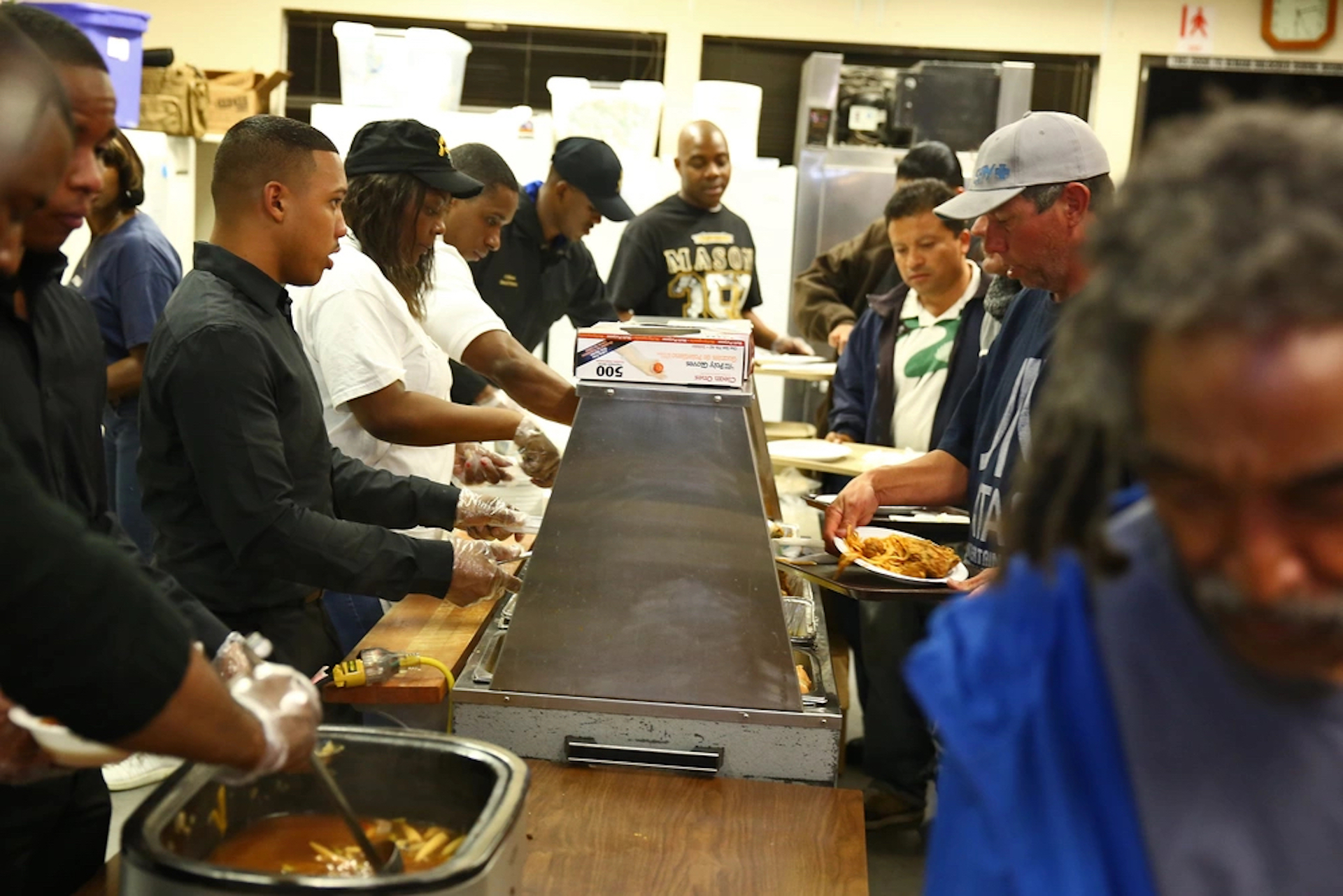

The executive branch is hoping to further reduce veteran homelessness with a more than $3.1 billion grant program.
The Biden administration announced the new plan, comprising funding for local housing and supportive programs, as well as legal services and rapid rehousing systems. The move comes as pandemic-era measures expired, leaving many veterans who have been reliant on financial assistance and eviction protections facing homelessness.
The money would be distributed to local continuums of care — the coalition of state, tribal and local governments as well as nonprofits that tackle homelessness. The Biden administration called it “the single largest investment in communities’ homelessness response systems in history.” $3.1 billion from the Department of Housing and Urban Development will go toward the continuums’ ongoing housing efforts, which include veterans as well as their families and others experiencing homelessness, including victims of domestic violence.
Additionally, $11.5 million in funds from the Department of Veterans Affairs will be spent on legal services for unhoused veterans. The money goes to local legal organizations working to help get veterans services they’re eligible for and provide legal support for veterans at risk of eviction. Another $58 million from the Department of Labor is going to train veterans for new jobs in the workforce. Finally, HUD and the VA are working together to launch a series of what they call “boot camps” to more quickly and efficiently match unhoused veterans with supportive housing.
Subscribe to Task & Purpose Today. Get the latest military news and culture in your inbox daily.
The White House’s announcement comes only weeks after the federal public health emergency enacted in response to the COVID-19 pandemic expired. As part of the end of the emergency, the departments of Veterans Affairs and Housing and Urban Development had worked together to provide services to veterans including transportation and technology to look for work and housing, and direct payments that included rental assistance. Additionally, there were nationwide eviction moratoriums and local measures such as rent relief.
Veteran homelessness has been on the decline, but is in no way eliminated. The number of veterans experiencing homelessness fell by 11% since early 2020, but the federal government still reported more than unhoused 38,000 veterans as of the most recent publicly available data from 2022. Studies found that pandemic-related emergency measures such as eviction moratoriums and rental assistance helped prevent a homelessness “tsunami.”
Local governments in recent years have prioritized housing veterans, but as with wider homelessness in the United States the root causes remain: unaffordable housing and a lack of permanent supportive housing to help people get off the streets. Additionally thousands of Americans continue to fall into homelessness each year; some for short term periods, others for long-term or “chronic” homelessness, but contributing to the ongoing crisis. The Eviction Lab, a project by Princeton University tracking evictions nationwide, reported that evictions were up by 80% in 2022 over 2021.
The latest on Task & Purpose
- The Navy is offering up to $75,000 in enlistment bonuses to get more sailors
- No, military helicopters are not invading California
- No ‘golden hour’? How Army medicine is changing for the next war
- Army fires former 5th SFAB commander following investigation
- Russia’s antique tanks are finding a second life as VBIEDs
